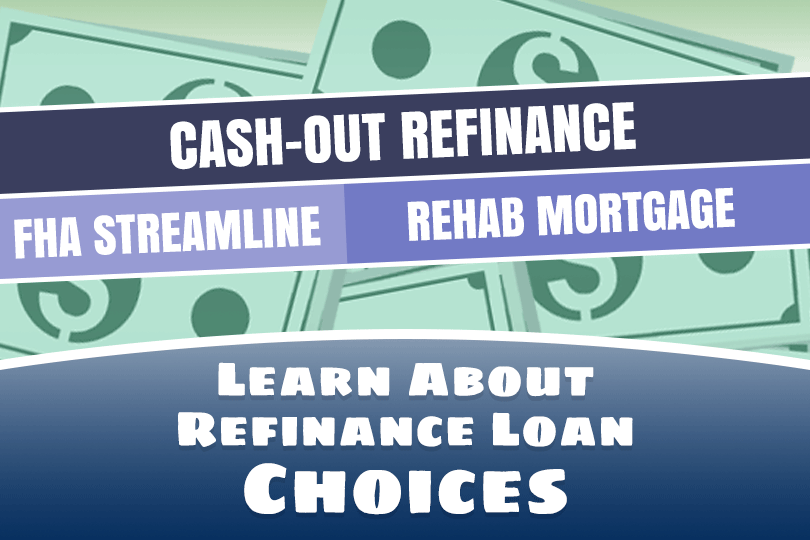Is it the Right Time for an FHA Refinance?
May 24, 2021
Changes in 2019 and 2020
Refinances picked up back in 2019 when the interest rates fell to – what was considered at the time—historically low rates. While some questioned whether the rates would drop further, many decided it was best not to miss out on the opportunity and decided it was time to capitalize on the market rates and jumped on refinancing their home loans. Then, in 2020, central banking policies put in place to help support the ailing economy resulted in interest rates dropping even further.
Why Rates Kept Falling?
We know by now that average interest rates in the mortgage industry vary based on many factors. However, 2020’s falling rates are in large part due to the Federal Reserve providing liquidity to help stabilize financial markets. With the pandemic causing so many businesses to fail, the Fed’s policy of bond buying brought down interest rates in many areas, including mortgage loans.
The Refinance Savings
In September, 2020, Freddie Mac reported that the average interest rate for a 30-year mortgage had reach a new low of 2.86%. With that, the average savings among high-quality refinance candidates would be about $299 a month, and nearly 2.5 million Americans could save $500 or more per month. It is estimated that if all 19.3 million mortgage holders were to take advantage of the rates, it would net a total potential savings of $5.8 billion per month.
Should I Refinance?
While these are all huge numbers, it’s important to weigh whether a refinance is in your best interest.
Don’t forget that refinancing a mortgage comes with closing costs. For some borrowers, they might not make back enough to offset those costs, therefore it may not be worth their time. not be worth the time or money to deal with it. A good way to measure whether refinancing is worth the money is calculating how long you need to reside in the home to recoup the closing cost of refinancing in the interest you save. Plan to live in your home long enough to break even.
With the number of refinances being at a record high, lenders and financial institutions are experiencing a back log, and the time it takes to complete a refinance is slower. They are at an all-time high and that means lenders are experiencing a huge number of applications, which could potentially make loans slower to process.
Additionally, given the recent pandemic and boom in refinancing, many lenders have added requirements to qualify for refinances, especially for government-backed mortgages like FHA programs. This can change a borrower’s mind if they have recently been laid off or had a crop in their credit scores.
There is no way to say for certain how long interest rates will stay low, and projections can still be incorrect. If you haven’t done so recently, it is worth having your mortgage reviewed by your loan officer to see if a refinance will be a smart move.
------------------------------
RELATED VIDEOS:
Your Mortgage Payment Schedule Is Called Amortization
Information About the Balloon Payment
Reliable Borrowers Can Qualify for a Cash-Out Refinance

FHA Loan Articles
August 27, 2023The Federal Housing Administration has specific credit requirements and guidelines for borrowers looking to buy or refinance homes with an FHA loan. In addition to what FHA guidelines state, lenders may have more stringent requirements that may vary from one lender to another.
August 23, 2023Mortgage APR (Annual Percentage Rate) and a loan's interest rate are two different things, although they are closely related. Understanding the difference is an important part of a borrower's analysis of the true cost of their mortgage.
August 19, 2023FHA refinance loans allow homeowners with existing FHA loans to refinance their mortgages. These loans are designed to help borrowers take advantage of lower interest rates, reduce their monthly mortgage payments, or access equity in their homes for various purposes.
August 14, 2023FHA loans typically require a minimum down payment of 3.5% of the purchase price of the home with the right credit score. This means that if you're buying a house for $240,000, you would need to make a down payment of at least $8,400.
August 10, 2023FHA loans have specific rules and requirements for borrowers who have filed for bankruptcy. The guidelines can change over time, so it's essential to consult with a qualified lender or FHA-approved counselor for the most up-to-date information.







